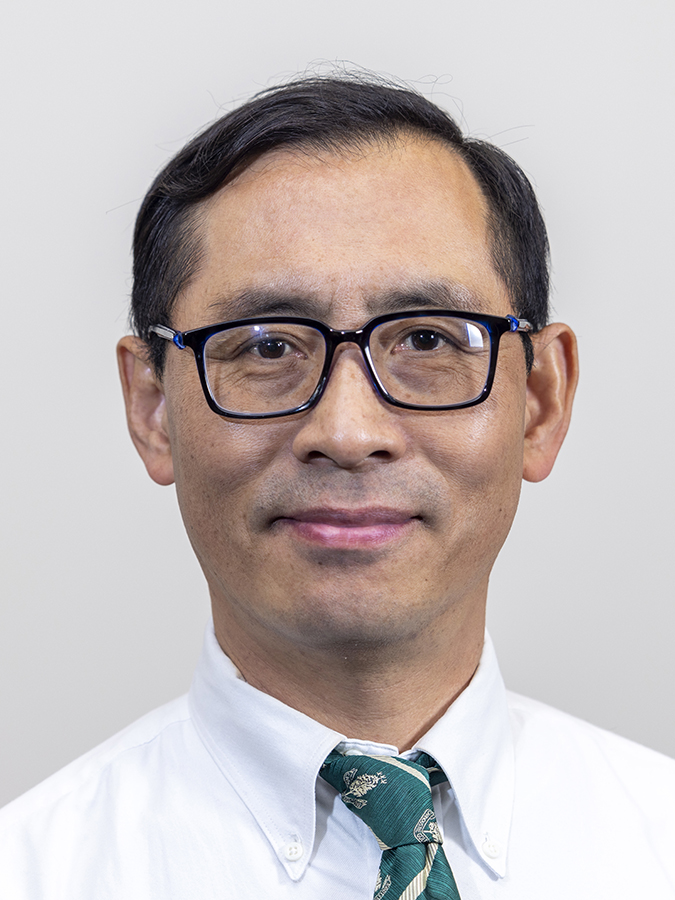Jungjun Park, PhD, CCC-SLP
Associate Professor
Department of Communication Sciences and Disorders

Jungjun Park is an associate professor who is a clinically-trained scientist and directs the Baylor Adult Neurogenic Disorders (BANDA) lab. Dr. Park holds a PhD in speech-language pathology from University of Florida and a Bachelor and Master's degree in linguistics from Seoul National University (South Korea). He holds a Certificate of Clinical Competence (CCC) as a member of the American Speech-Language-Hearing Association (ASHA). His research focuses on the neurocognitive characteristic of communication difficulties experienced by adults with normal aging process and a range of neurodegenerative conditions such as Parkinson’s disease, aphasia, TBI, dementia, and normal aging process.
Dr. Park’s current research project with Parkinson’s patients is particularly concerned with the longitudinal impact of Parkinson’s disease on cognitive and linguistic declines and investigating associated cerebral hemodynamic correlates as measured by the functional near-infrared spectroscopy (fNIRS) technology. Another emerging line of research focuses on developing or utilizing innovative clinical methodologies such as virtual and augmented reality (VR/AR) systems, interactive metronome (IM) approaches, and various app-based interventive approaches to see if they are suitable for increasing overall linguistic and cognitive profiles in adult neurogenic populations.
Dr. Park has been involved in a Parkinson research project as a Visiting Researcher at the Division of Neuropsychology of the Baylor Scott and White Health in Temple, TX from spring 2019 to spring 2021. Dr. Park has a big passion for conducting research with his students. He enjoys working with and mentoring student graduate and undergraduate research assistants in his BANDA lab. His favorite bible verse is Romans 8:28 that teaches us about how God orchestrates the world and everything in the lives of His children in spite of our limits and weakness.
Areas of Research Interest
- Parkinson’s Disease and related neurocognitive deteriorations in its early and later stages: functional near-infrared spectroscopy (fNIRS) study
- Development of a sideline screener for TBI-induced cognitive impairment with the aid of a combined neuromonitoring systems, including fNIRS and an eye-tracking system
- Use of neuromodulatory intervention technologies such as interactive metronome (IM) and Contamo for people with limited attention (autism, aging, stroke, Parkinson’s disease, TBI)
- Clinical application of Virtual Reality (VR)/Augmented Reality (AR) systems for cognitive rehabilitation for populations with brain injury
- Multicultural Issues in Speech-Language Pathology
Current Courses Taught
- CSD 6306 Advanced Neuroscience of Speech, Language, Swallowing, and Hearing
- CSD 5330 Cognitive Linguistic Communication Disorders
- CSD 5320 Neurology and Advanced Instrumentation
- CSD 5311 Aphasiology
- CSD 5334 Multicultural Issues in Speech Pathology
- CSD 3357 Anatomy and Physiology
- CSD 2318 Language Development